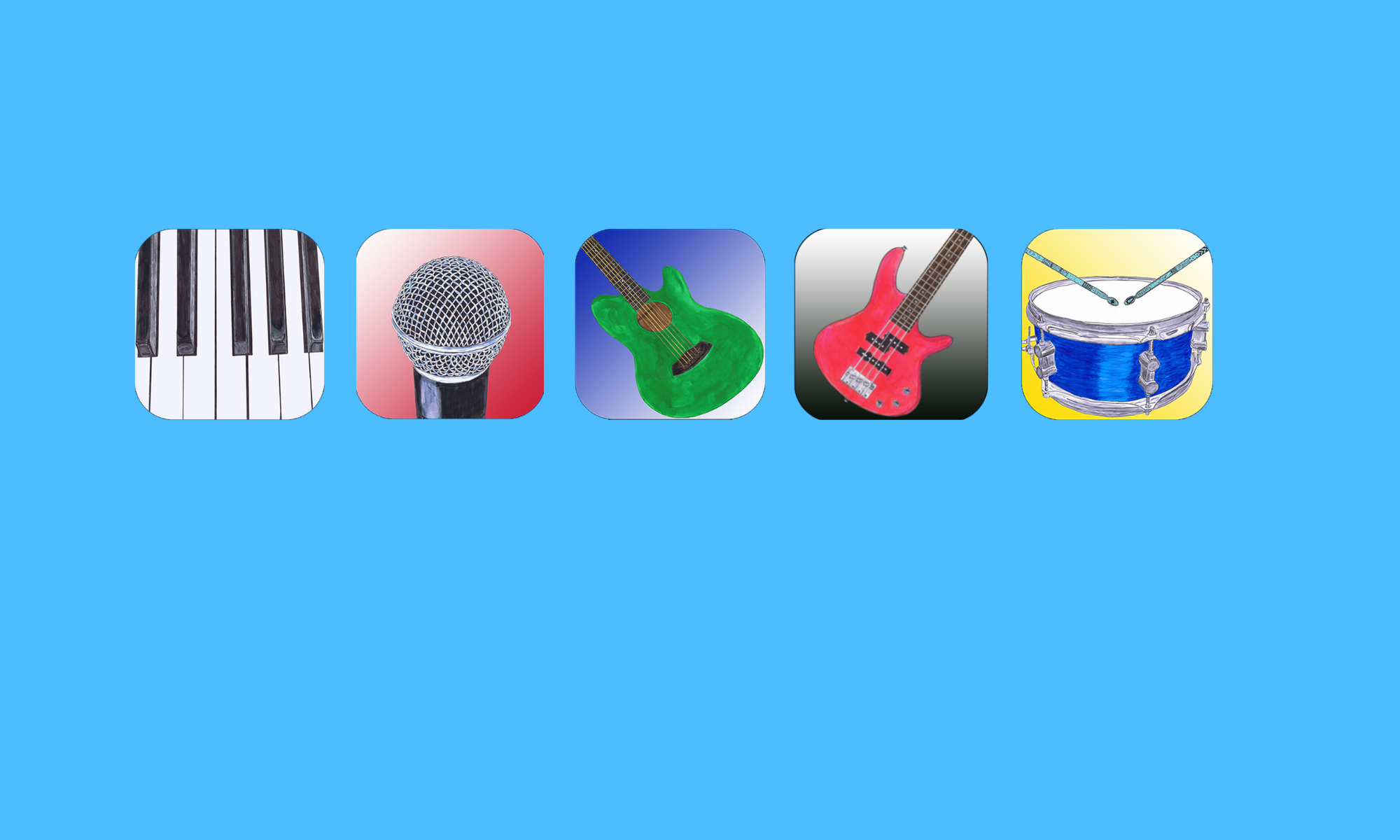Music theory is really about understanding how music works and being able to communicate with other musicians using a common musical vocabulary. Although that sounds simple, even basic theory contains a large amount of interconnected knowledge and information. I often get asked how much does having perfect pitch help in the AP Music Theory exam. I went to look up and see exactly what’s in the course description and it actually covers a bunch of core music subjects including theory and ear training. It’s a huge amount of material which you really need an instructor or someone with a four-year music degree to help you learn. I don’t want to discourage students because I LOVE to self-learn but part of that is always doing research and finding out what I can do by myself and what I’m going to need some help with.
Having perfect pitch will certainly help give you with the mechanics of dictation but it won’t really give you a leg up in the understanding area. It’s hard to just jump in and learn, you need a plan or you can easily get overwhelmed.
Here’s a couple of examples of what you need to know for the exam that won’t rely on your ear alone:
Terminology- You need to know the correct name to call scales, chords, intervals, and other music concepts that often rely on knowing how to construct it.
For instance: if they ask you to recognize intervals (which you may already know), you might be able to know that they are playing a C and an E above it but you need to know that it is called a major third. That’s an easy example.
What if they asked you to write out the notes in a C7 chord? Even if they played it for you, if you don’t understand how to make it, you may end up even incorrectly naming the pitches. For instance: a C7 chord has a lowered 7th making it Bb. If you called it A# instead, it wouldn’t be correct. That may seem like jerky tediousness but it’s not. Players and arrangers need to recognize things quickly in order to play them in time or use them properly. This is especially true for piano music which quickly gets complicated and is almost always more than one note at a time. Incorrectly notated music makes it difficult for musicians to read your accompaniment, arrangement or composition well.
What if they asked you what quality is a C7 chord? Nowhere in the name of the chord does it tell you the quality is dominant. You need to know that with 7th chords, when it doesn’t say anything between the letter and the chord you assume it’s dominant. You have to use specific abbreviations to indicate another chord quality. This is different than triads where if you see nothing written next to the chord letter, you assume it is major and have to indicate when it is another
Dictation- This is when you have to notate music that you hear with no other tools than your ears, pencil and paper within a few listens (often 3). You may do fine on the melodic dictation if you know how to recognize and notate rhythms. However, the harmonic dictation may be rough. You can certainly listen to the bottom for the bass notes and build the chord up from there (assuming the root is always on the bottom), but you may not have enough listens to work it out. Knowing what chord qualities typically happen on certain numbers of the scale, what your primary chords are in each key and common progression patterns allow you to do this much quicker. It’s the difference of choosing between a few known options or infinite possibility. Also, the exam you need to understand the naming conventions for Roman Numeral chords and Figured Bass.
Here’s a link to the document I found on the AP curriculum and exam. There are practice exams there so you can easily go try one and see how you do. That could be really helpful for assessing what you already know and getting a scope on how much you’ll need to learn. You may find that the easiest thing would just be to take the AP class. Of course, that’s assuming the class is available at your school and that you can fit it in your schedule.
AP Music Theory Exam Practice – AP Student
I hope this helps you make your decision. I would also like to say that I really think that learning theory will fill in a lot of missing puzzles pieces that you’re probably not even aware of. I don’t have perfect pitch but played by ear primarily before I went to college and had a lot of natural intuition for how music works. I can tell you that theory still opened up so many possibilities of new things I could do. I use what I learned everyday (along with my ears skills) in writing, teaching and playing music.

